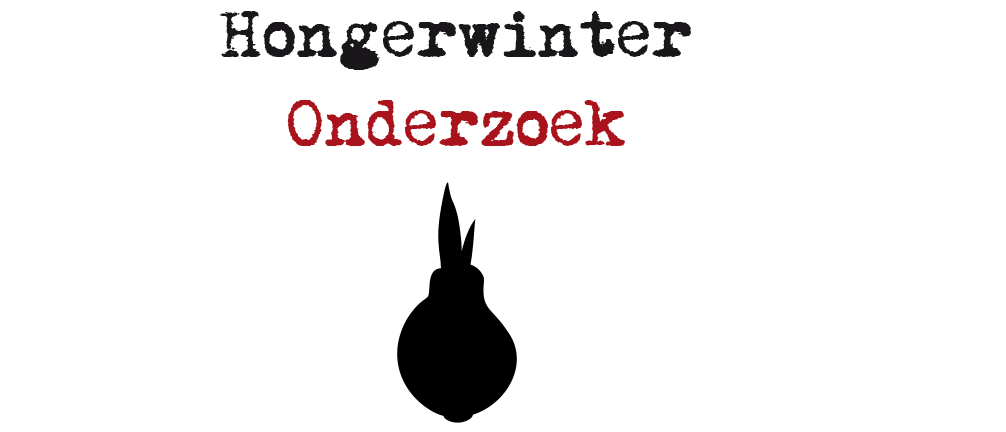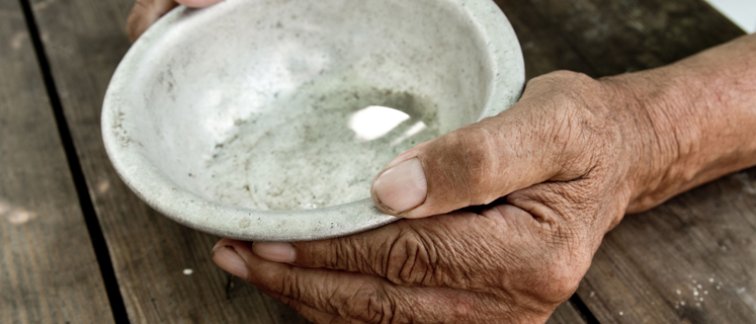The Dutch Famine Birth cohort is a cohort of 2414 men and women born as term singletons in the Wilhelmina Gasthuis between november 1943 and february 1947. Detailed birth records were kept providing information about the course of pregnancy, as well as the size of the baby and placenta at birth.

The cohort has been traced, linked to registries and many men and women have participated in repeated rounds of data collection in the past 25 years.
Initially the focus of the study was mainly cardiovascular and metabolic in nature, but the scope has broadened to include mental health and aging, particularly of the brain. Biosamples are available at different time points. Limited information is also available in a subset on parents, unexposed siblings and children.
You can find more information on the Dutch Famine Birth cohort website.
Meta-data of this cohort can be found on the website of GECCO.
APH contact person: Tessa Roseboom
Contact: hongerwinter@amsterdamumc.nl

